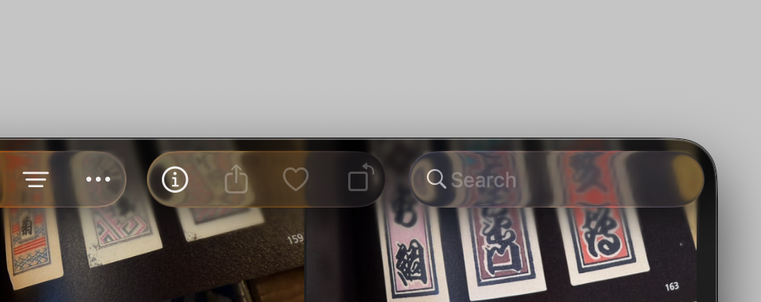Trying very hard to avoid computers, and failing miserably.
A 30-something British-born coconut Indian living in Zürich, Switzerland. I speak English, and enough Hochdeutsch to order a pizza.
Occasional, inadvertent arsehole. If observed, please call me out.
Fascists, racists, Zionists, TERFs, homophobes, and other bigots can fuck right off.
Admin and sole user of this self-hosted instance.
This profile is searchable.
| pronouns | he/him; they/them |
| location | Zürich, Switzerland |
| blog | https://functional.computer/ |
